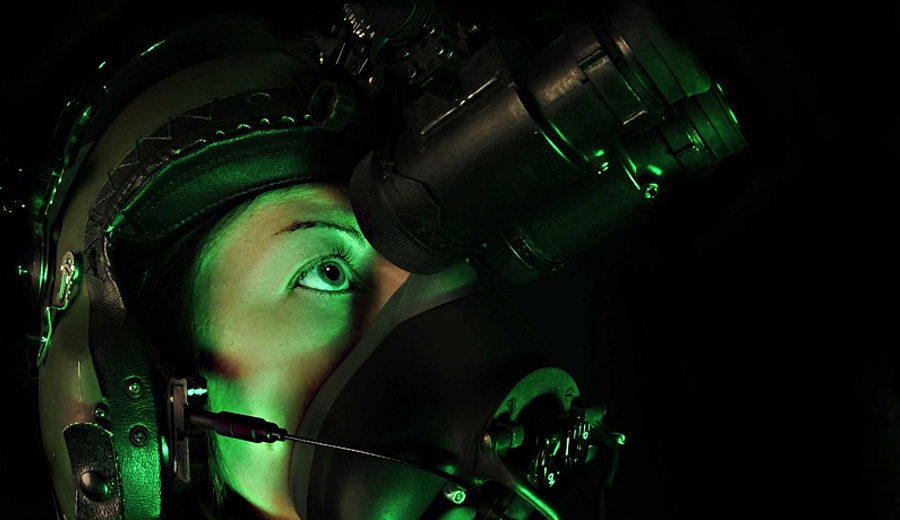The use of Artificial Intelligence (AI) has brought about changes in the field of surveillance introducing advancements and raising important ethical questions.
As AI technology continues to evolve its integration into surveillance systems poses many challenges related to ethics and privacy which have an impact on our society as a whole.
Surveillance Reinvented: AI’s Role in Monitoring Systems
AI has revolutionized surveillance by offering features such as facial recognition, predictive analytics and behavioral pattern identification.
These innovations enable monitoring and analysis of large volumes of data. This leads to improved security measures in public spaces, workplaces and even private domains.
Long gone are the days of experts scrolling through hours and hours of footage, trying to find a suspect in a crowd. Nowadays, AI and latest technologies take a leading role not only in analyzing stored data, but checking it in real time for preventive measures.
Biases in AI Surveillance: A Growing Ethical Concern
However, the use of AI in surveillance systems raises concerns among many.
Since AI algorithms are often trained on data, they can perpetuate biases that result in discriminatory outcomes particularly in facial recognition and behavioral analysis. Such biases can disproportionately affect certain groups of people. Lead to wrongful identifications, as well as, breach of individual privacy.
Privacy Implications: Balancing Security and Personal
The use of AI, in surveillance systems has raised concerns about privacy. The extensive collection of data combined with the ability of AI to process and interpret this information does raise some concerns.
The line between security measures and intrusive surveillance is blurry, which can pose a threat to personal freedoms.
One of the challenges presented by AI powered surveillance is finding a balance between maintaining public safety and upholding individual rights.
Addressing these challenges requires the establishment of frameworks that regulate the use of AI in surveillance. These frameworks should ensure transparency, accountability and oversight in the implementation of AI systems.
Ethical Challenges: Striking a Balance Between Safety and Individual Rights
To mitigate dilemmas associated with AI driven surveillance it is crucial to have regulations and oversight mechanisms in place.
Policies should be implemented to govern the use, development and deployment of AI systems. These policies should prioritize transparency in data collection, utilization and storage.
Additionally, accountability measures for those overseeing these systems are necessary to address biases and violations of privacy.
Regulation and Accountability: Necessities in AI Surveillance
As we move forward it is important that future developments in AI driven surveillance prioritize considerations, during both development and deployment stages.
This requires the collaboration of technology developers, policymakers, ethicists and civil rights advocates to create guidelines that prioritize both security and individual freedoms.
Additionally continuous research and ongoing improvements, in AI algorithms should focus on reducing biases and enhancing privacy protections.
Towards Ethical AI Surveillance: Future Pathways
Moving forward, although AI has improved surveillance system capabilities, its integration poses challenges particularly concerning surveillance biases and privacy.
Addressing these concerns necessitates an effort to establish guidelines, regulatory frameworks and continuous scrutiny of AI powered surveillance systems to maintain a balance, between public safety and individual rights in an increasingly monitored world.







